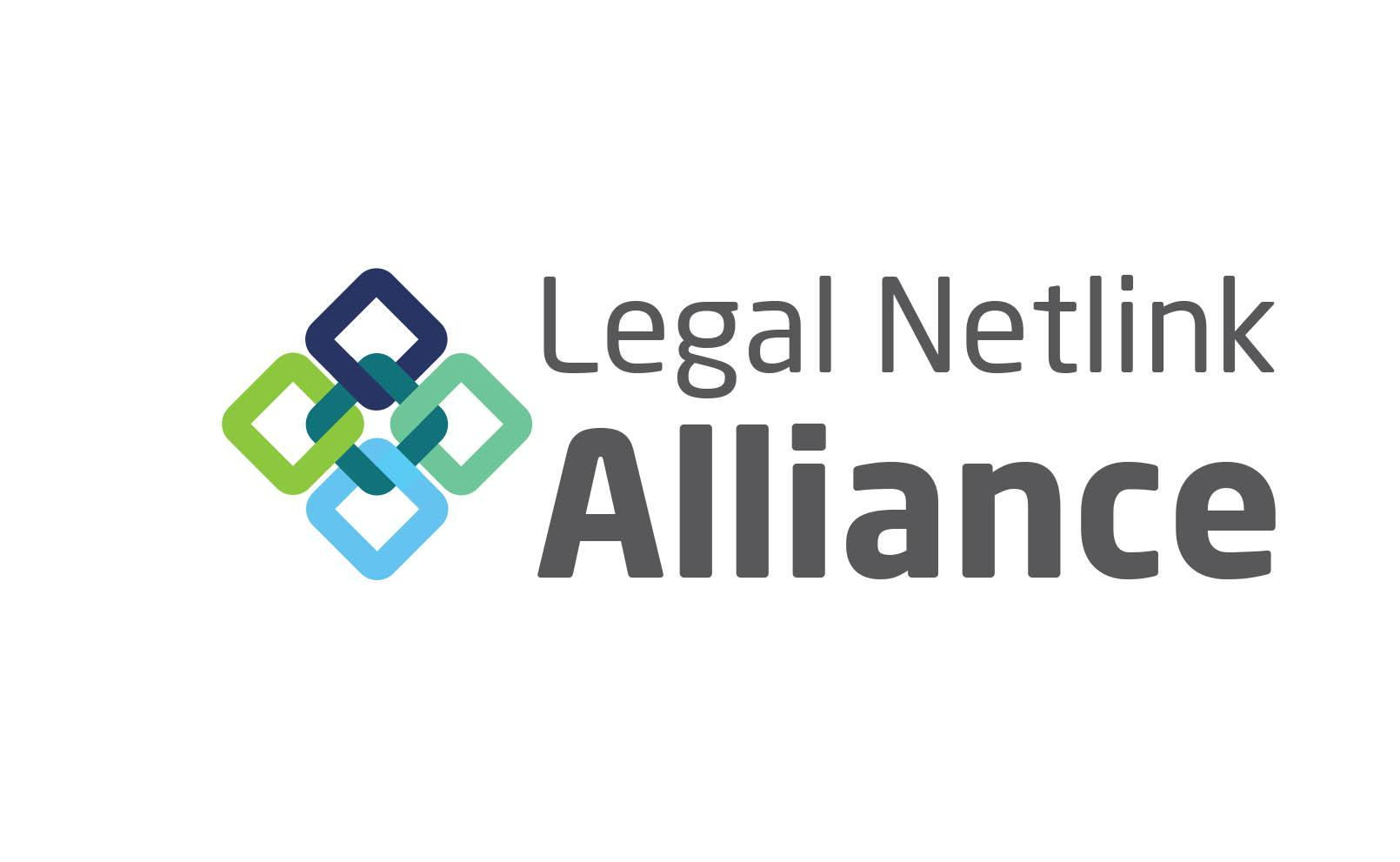We all learned in high school civics that the United States Government is divided into three branches, which allows for a system of checks and balances. In a quick summary, it looks something like this: Only the judicial branch can interpret the laws and may find some actions taken by the other branches …
law firm
Kansas City Law Firm Discusses the Unique Community of Lake Quivira
Paradise to some, mere rumor to others, Lake Quivira is one of the smallest cities in the metro area with less than 1,000 residents. It is a tiny sliver of a town, comprising the lake and surrounding residences nestled in between Shawnee and Kansas City, Kansas. The name emanates from explorer Francisco Vásquez de Coronado in 1541, for …
Kansas City Law Firm Reviews Supreme Court Nomination Process
Under Article II, Section 2, Clause 2 of The U.S. Constitution (sometimes referred to as the Appointments Clause), the president has the power to appoint ambassadors, other public ministers, consuls and judges of the Supreme Court, who must be confirmed by the Senate. Other officers of the United States and Congress may be appointed by …
Kansas City Law Firm Examines the Local Tradition of the Union Station Clock
“I’ll meet you under the clock.” It’s a sentence which has been uttered thousands of times. For many old-timers, the phrase needs no further explanation, just a time affixed. For those who invite some further edification as to what it means, here’s some context. In 1914, when Union Station was built, it instantly became one of the grandest …
Kansas City Business Law Firm Announces New Partner
We are happy to announce that Elizabeth E. Patterson has become the firm’s newest shareholder (partner). Elizabeth joined the firm in 2012 and has been an exceptional asset in the areas of business formation, not-for-profit formation, tax policy and estate planning.In addition, she assists clients with choice of entity decisions, contract review, …
Cruel and Subjective: Van Osdol Examines the Eighth Amendment
The text of the Eighth Amendment of the U.S. Constitution reads: “Excessive bail shall not be required, nor excessive fines imposed, nor cruel and unusual punishments inflicted.” In short, the amendment, part of the Bill of Rights, prohibits the federal or state governments from imposing excessive bail or fines or imposing cruel and …


